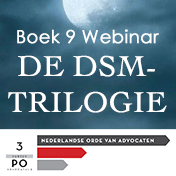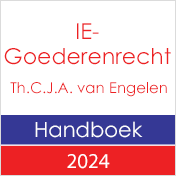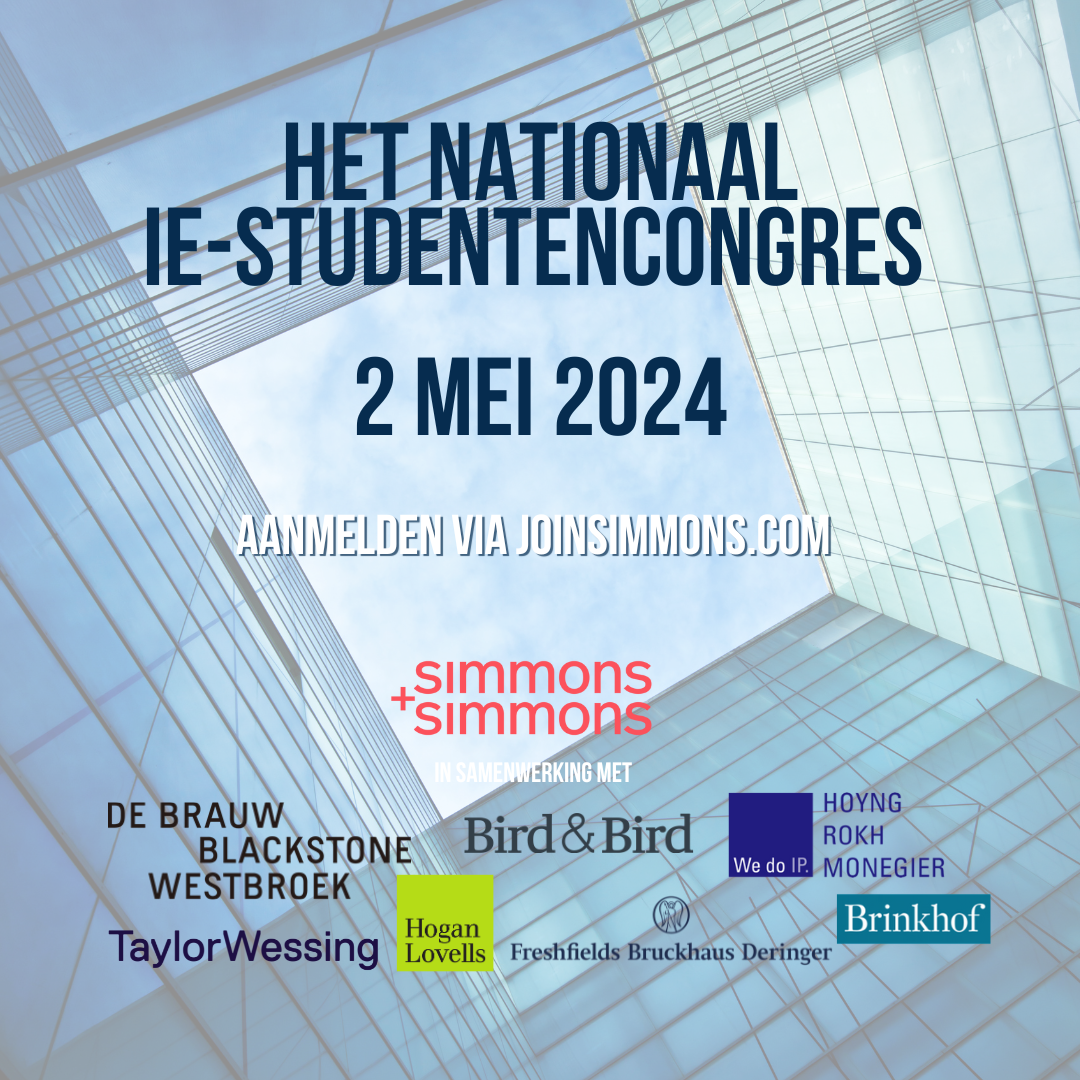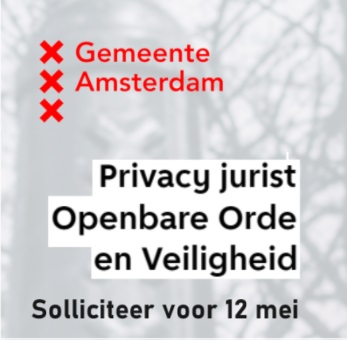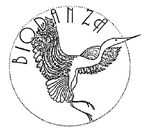 B9 10912. Gerecht EU, 8 maart 2012, zaak T-298/10, Arrieta D. Gross tegen OHIM / Toro Araneda.
B9 10912. Gerecht EU, 8 maart 2012, zaak T-298/10, Arrieta D. Gross tegen OHIM / Toro Araneda.
Merkenrecht. EU-oppositieprocedure o.g.v. Duitse woordmerk BIODANZA tegen de inschrijving van het beeldmerk met het woordelement BIODANZA (Dance instruction, by integrating dance, movement, singing and/or music with psychoanalytical and/or psychotherapeutic aspects).
Het OHIM wees de oppositie af, omdat normaal gebruik van de oudere merken niet was aangetoond en het Gerecht volgt dat oordeel. Alleen het overleggen van kopietjes van advertenties is onvoldoende, aangezien ook de mate van verspreiding moet worden aangetoond. Het argument van opposante dat zij met haar danstherapie ‘intangible services’ verleent volstaat evenmin, zij had in ieder geval de onder het merk gemaakte omzet kunnen overleggen.
Aardig om te vermelden is nog het formele probleem m.b.t. de dood van de aanvrager: “the question arises as to who was the other party before the Board of Appeal when that decision was adopted.”
Het Gerecht oordeelt dat “it must be concluded that a deceased person cannot be the proprietor of an application for registration of a Community trade mark. (…) in the event of the death of the proprietor of an application to register a Community trade mark, that application is transferred to another person, to be determined according to the provisions of the law of succession of the Member State. (…) it must be concluded that the acts and decisions of OHIM that were adopted before OHIM becomes aware of the death of an applicant for registration and which, consequently, continue to refer to the deceased applicant rather than the new proprietor of that application remain valid. (…) the new proprietor of the contested Community trade mark (…) can participate as intervener in the proceedings before the General Court.
Lees het arrest hier.



















































